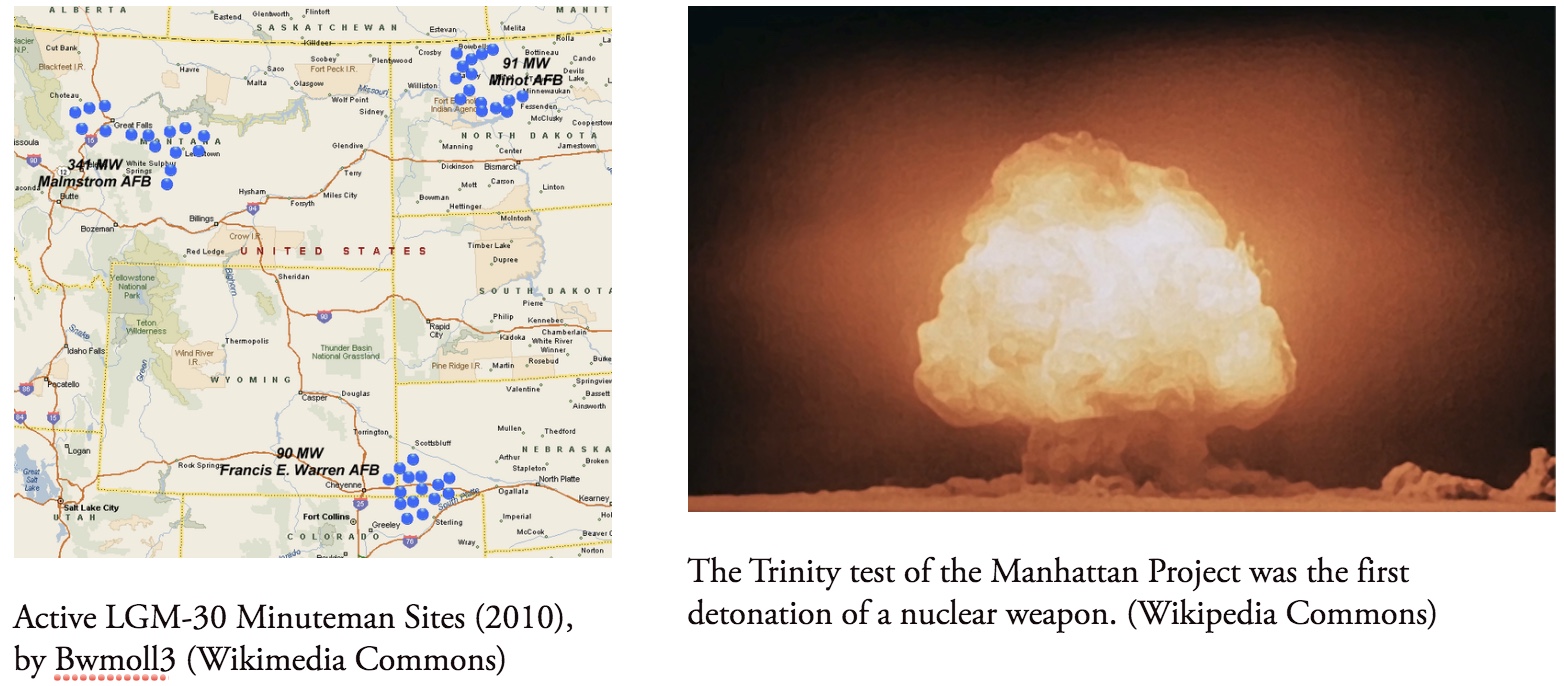Collected Works ✏️ Victoria, BC
An Elusive Metaphor
In the three minutes I have at my disposal, I have time to formulate a few literary thoughts. I see it all coming on my computer screen. Total Collapse. The Splintering of the wood beneath my feet bursting into flames. Two, three minutes at the most.
Recollections in something less than tranquility, I recollect wryly.
Looking out over the bay, I’m reminded of a poem about seagulls, by E.J. Pratt: For one carved instant as they flew / The language had no simile.
Up until now I believed that Pratt was wrong, because everything could be written about. What couldn’t be written about could be suggested in similes and metaphors. But not this. Death with a capital D was now so substantial that it could no longer be contained by the insubstantiality of any trope.
It should be noted that I was optimistic in thinking that I have three minutes to think about Fate. Immediate targets are being destroyed in seconds al over the earth. Luckily, I live far enough from the silos that contain more than wheat.
On the western side of the Rocky Mountains, I’m also thousands of kilometres from the great populated targets of New York, Paris, Delhi, and Shanghai.
Still, looking southeast, I see the sky lit wide with pink and orange light as the bases of Puget Sound combust like fireworks.
An hour before the invasion, I’d revised a poem about the tranquility of life on his little patch of the home planet. I wrote about the marvellous paradox of spinning with the giant liquid ball while at the same time sipping coffee on his parent’s deck in Victoria, which overlooked a bay and a stretch of the Georgia Strait.
Sipping coffee and watching the world turn are frequent mystical experiences with me. I saw in the rising sun a metaphor of better days to come for the human race.
The poem started off with luxuriant metaphors concerning whipped cream and cinnamon floating on top of his coffee. This was then compared to a tug boat plying the waters.
It was really a terrible poem. A true piece of fluff. The only half-decent thing it had going for it was the title, “Sea-Deck in Victoria” (the poem likened the house to a ship and its balcony to a prow) and perhaps the ending, which went like this: The motions of the sea / Are small and unchanging — / Ripples on the liquid seal of Earth / Held only by the whim of gravity.
Anyone reading the entire poem would be happy to know that the poem had arrived at its conclusion.
i. In the first minute after I receive the news about the invasion, I reflect on how apropos that final line is: Held only by the whim of gravity. For without gravity the great body of water over his parent’s deck would drift outward and upward, spun by the centrifugal force of the giant rock, splashing into tiny bits of ice in the depths of space. Without gravity, the planet itself would flee from its orbit around the sun, past Mars and Jupiter, into a darkness darker than that of the recently downgraded Pluto, with his murky companions Erebus and Charon, night pilots of the deep.
It’s as if I’m writing himself out of my own science-fiction story and hurling himself into space, where all the real stories will take place.
Held only by the whim of gravity. But was gravity really a whim?
ii. In the second minute I wonder if I saw it as a whim because I don’t really understand it in the first place. Like light or matter. People could see the effect of gravity, but did they really understand why it does what it does? Just because it had mass, did that mean it ought to pull other mass?
Back in grade ten when I asked my physics teacher, Why?, the teacher told me, Just apply the formula. The teacher may have been right to say this. It wasn’t, after all, a philosophy class. But was he right to dismiss the question outright, as if it had no importance? How many poets, Matthew wondered, might have turned to science if only their questions had been answered with more interesting questions?
iii. In the final minute I wonder how many other realities I’ve mistaken for magic and whim. For instance, the apparent invulnerability of Earth. If it weren’t for the magnetic fields around the earth — the metallic composition of the planet creating protective waves that funnelled outward from the poles — the sun’s rays would incinerate everything on Earth with radiation. Some alien looking down at our world might well think, Wow! What a lucky combination of coincidences! Without this magnetic field, the sun, which was otherwise an amazing source of life, would dry up the deep leagues of ocean like a teaspoon of water tossed into a frying pan.
I just get my thoughts around the simile of a frying pan when the Whidby Island Naval Air Station is perforated with a short neutron blast, turning his simile into a real live metaphor. I figure I only have time left for one final literary reflection — Can a metaphor become real? — before the radiation hits Victoria and the last remaining neuron activity in my brain is fried to a crisp. As a result, I don’t even have time to wonder where all the heat would go.






